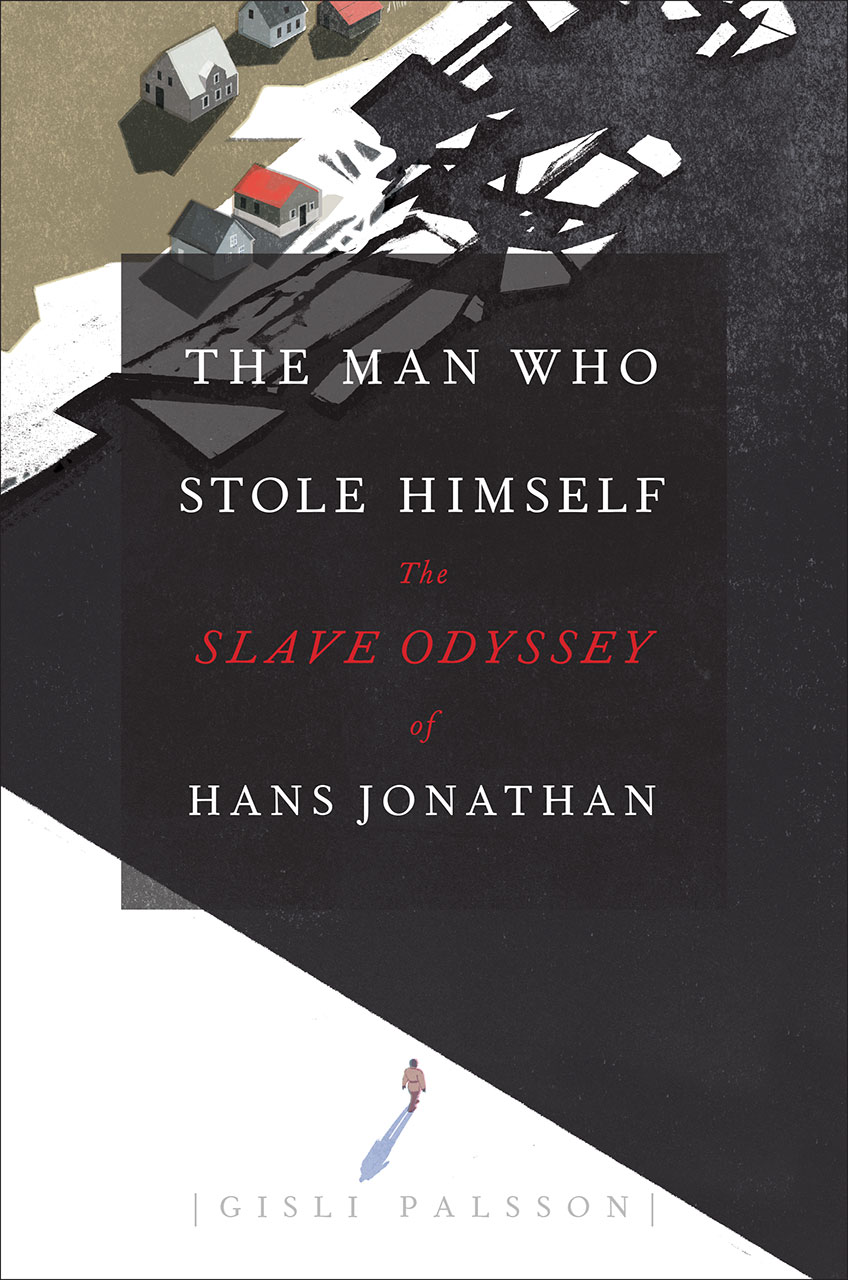What Obama’s Trip To Havana Revealed About Race In Cuba And The U.S.Posted in Articles, Barack Obama, Caribbean/Latin America, History, Media Archive, Politics/Public Policy, United States on 2016-05-06 01:56Z by Steven |
What Obama’s Trip To Havana Revealed About Race In Cuba And The U.S.
African American Intellectual History Society
2016-05-04
Devyn Spence Benson, Assistant Professor of History and African and African American Studies
Louisiana State University
During his groundbreaking visit to Havana last month, President Barack Obama suggested that the embrace of U.S.-style democracy and capitalism would “help lift up” Cubans of African descent. Following the speech, former Cuban President Fidel Castro reminded Obama that the Cuban Revolution had already eliminated racial discrimination in the 1960s.
The contemporary state of racial inequality casts doubt on both men’s assertions: black and brown North-American youth still face police brutality (murder), voter suppression, and low graduation rates, while Afro-Cubans have less access to the emerging tourist sector than ever before. “Democracy” or “socialism”—despite the propaganda and good intentions of our leaders—does not naturally uplift people of African descent.
The symbolism of a black U.S. president eating at one of Havana’s few black-owned restaurants and talking about Afro-Cuban access to the new economy should be celebrated. Missed, though, was the opportunity to reestablish coalitions and activism between people of African descent in both countries. Instead, debates about which country had been most successful in battling racism abounded. Similar to previous interactions between Cuba and the United States, this event showed how both countries invoke celebratory histories that reinforce national racial mythologies, rather than the controversial present…
Read the entire article here.





